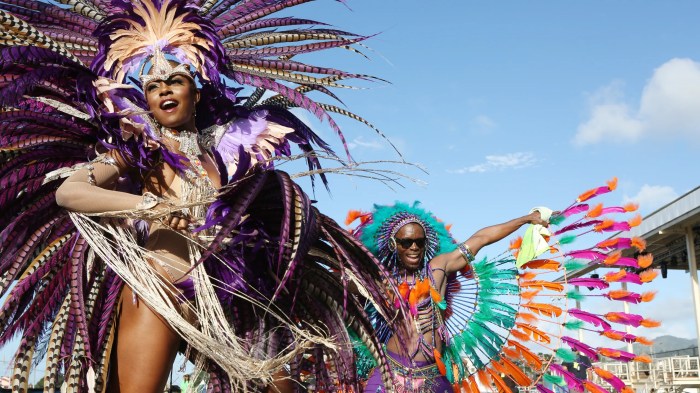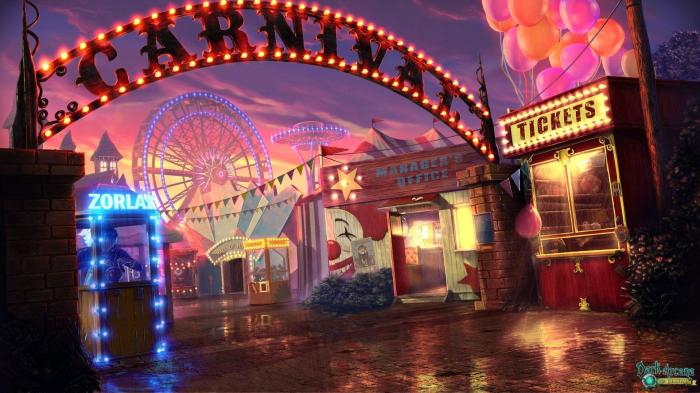La vida es un carnaval translation – The evocative phrase “la vida es un carnaval” translates to “life is a carnival,” capturing the vibrant essence of Latin American culture. This metaphor weaves a rich tapestry of cultural significance, inviting us to explore the parallels between life’s journey and the kaleidoscopic spectacle of a carnival.
Throughout history, carnivals have held a profound place in Latin American traditions, symbolizing liberation, joy, and the embrace of life’s complexities. The phrase “la vida es un carnaval” encapsulates this cultural heritage, reminding us to revel in the present moment while acknowledging the transient nature of existence.
Literal Translation

The literal translation of “La Vida es un Carnaval” into English is “Life is a Carnival.” Here’s a breakdown of the individual words:
- La – The
- Vida – Life
- es – Is
- un – A
- Carnaval – Carnival
Cultural Context
In Latin American culture, carnivals are vibrant celebrations characterized by music, dance, colorful costumes, and parades. They symbolize joy, freedom, and the temporary suspension of social norms. The phrase “La Vida es un Carnaval” captures the idea that life itself is like a carnival, full of both joyous and chaotic moments.
Metaphorical Interpretation
The phrase “La Vida es un Carnaval” can be interpreted metaphorically to suggest that life is a multifaceted experience, just like a carnival. It can be filled with moments of excitement, spontaneity, and celebration, but also with challenges, unpredictability, and chaos.
Like a carnival, life offers a blend of diverse experiences, both positive and negative. It is a continuous journey where we encounter both joy and sorrow, triumphs and setbacks, and where the unexpected can happen at any moment.
Historical Origins
The origins of the phrase “La Vida es un Carnaval” are not precisely known, but it is believed to have emerged in Latin America during the 19th century. The phrase gained popularity in the early 20th century through popular music and literature.
One of the earliest known uses of the phrase is attributed to the Cuban poet and journalist José Martí in his essay “Nuestra América” (1891), where he wrote: “La vida es un carnaval en que todos llevamos una careta” (Life is a carnival in which we all wear a mask).
Literary and Artistic Expression

The phrase “La Vida es un Carnaval” has been widely used in literature, music, and art to express the diverse and often paradoxical nature of life.
In literature, authors such as Gabriel García Márquez, Isabel Allende, and Mario Vargas Llosa have incorporated the phrase into their works to explore themes of identity, cultural heritage, and the human condition.
In music, the phrase has been used in songs by artists such as Celia Cruz, Gloria Estefan, and Carlos Santana to celebrate the vibrant and festive aspects of life.
Regional Variations
The phrase “La Vida es un Carnaval” has different interpretations and variations across Latin American countries.
- In Mexico, the phrase is often associated with the popular song “La Vida es un Carnaval” by the Mexican singer-songwriter Arturo Márquez.
- In Brazil, the phrase “A Vida é um Carnaval” is used to describe the country’s vibrant carnival celebrations.
- In Argentina, the phrase “La Vida es un Carnaval” is often used to express the idea that life is full of surprises and unexpected events.
Personal Interpretation

The phrase “La Vida es un Carnaval” can resonate with people in different ways, depending on their personal experiences and cultural background.
For some, it may evoke a sense of joy and celebration, while for others it may represent the challenges and complexities of life. Ultimately, the interpretation of the phrase is personal and subjective.
Common Queries: La Vida Es Un Carnaval Translation
What is the literal translation of “la vida es un carnaval”?
The literal translation is “life is a carnival.”
What is the cultural significance of carnivals in Latin American culture?
Carnivals represent liberation, joy, and the embrace of life’s complexities.
How does the metaphor of “life is a carnival” apply to different aspects of life?
It highlights the unpredictable nature of life, with its joys and sorrows, and encourages us to embrace the present moment.